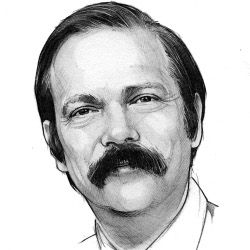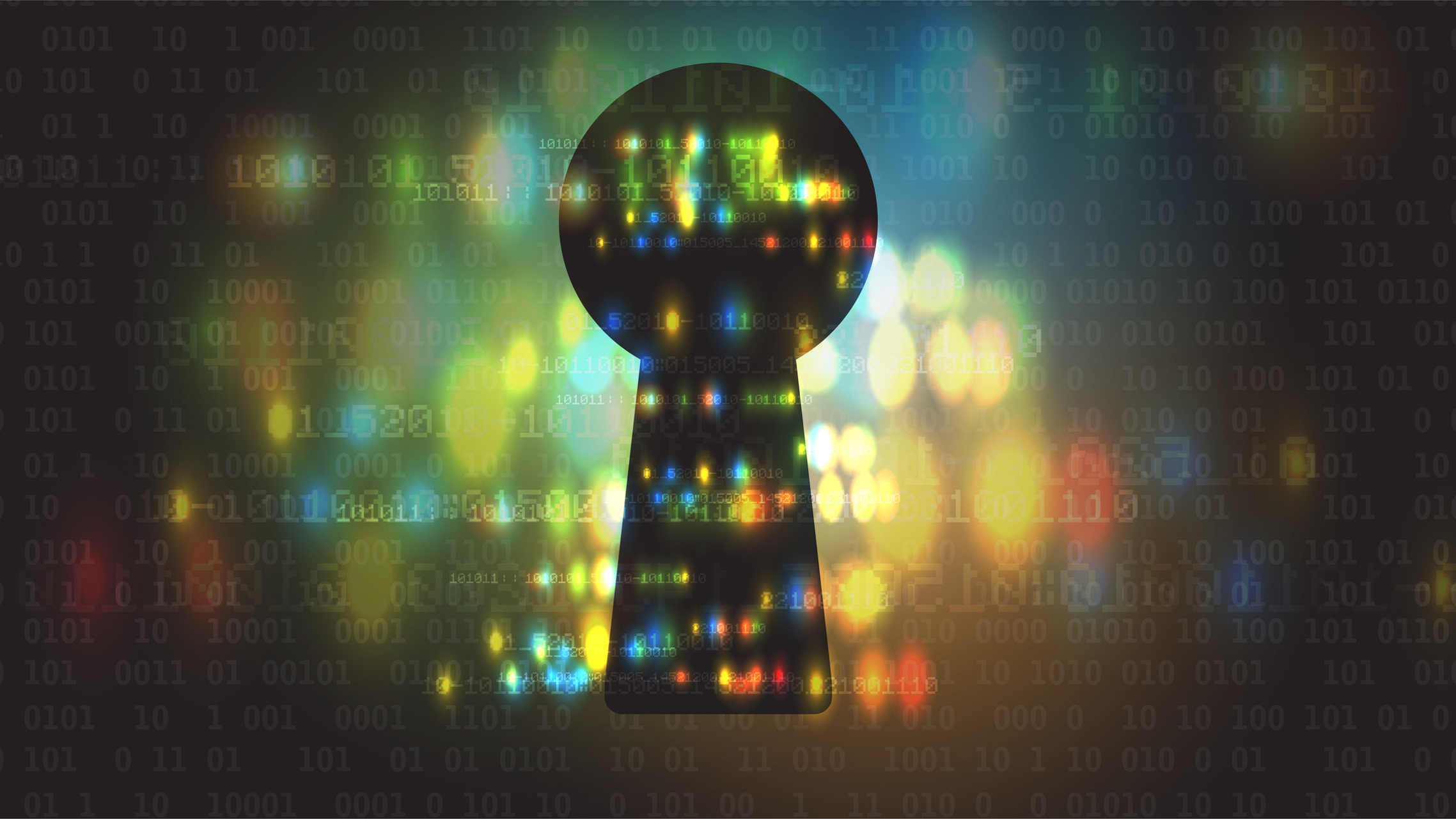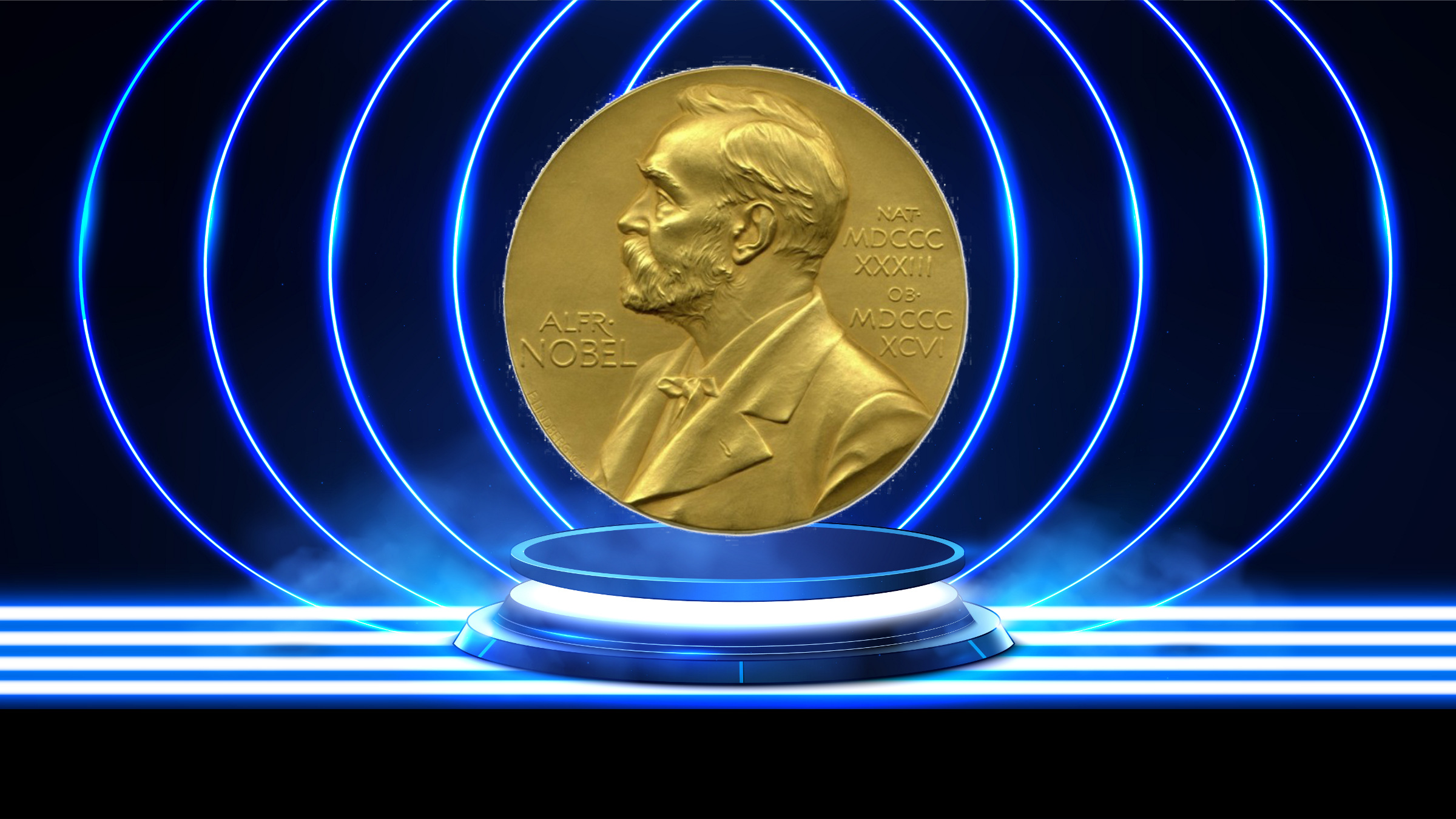
"To serve man," a short science fiction story written by Damon Knight in 1950, was the basis for a 1962 episode of the classic TV series "The Twilight Zone." The story opens at a special session of the United Nations where three alien emissaries are testifying that the purpose of their mission to Earth is to bring humans "the peace and plenty which we ourselves enjoy, and which we have in the past brought to other races throughout the galaxy." The title of the story uses the dual meanings of the verb to serve: "to assist" or "to provide as a meal." At the conclusion of the story, the narrator realizes to his horror that an alien book titled How to Serve Man is a cookbook!
This story came back to mind when I recently attended the First International Workshop on Digital Humanisma (organized by the Faculty of Informatics of Technical University of Vienna, Austria). The workshop, attended by a highly multidisciplinary audience, was motivated by a deep sense of frustration with the current relationship between technology and society. There is no doubt that we are in the midst a profound transformation of our society, with computer science and its artifacts as a major driver of change. Whereas this development opens enormously positive possibilities for our future, it also raises serious questions and has dramatic downsides—as was expressed by Tim Berners-Lee in 2017 in his anguished declaration "The system is failing." Instead of technology assisting humanity, technology sometimes seems to "eat" humanity.
Technology has always been a two-edged sword. We discovered fire approximately one million years ago; a discovery so crucial to human progress and development that Greek mythology attributes it to Prometheus stealing it from the gods to give it to humans, but people still die from fire regularly. In fact, according to the classical Greek poet Hesiod, when Prometheus stole fire from heaven, Zeus, the king of the gods, took vengeance by sending Pandora with a gift box to Prometheus’ brother. The box contained sickness, death, and many other unspecified evils, which were then released into the world. Greek mythology, it seems, is telling us that technology is never free from adverse consequences.
Other scientific disciplines have had their moment of abrupt realization of the dual nature of technology. Chemists gave us the first "weapons of mass destruction" in World War I. The German chemist Otto Hahn, a future Nobel laureate, was recruited to the German chemical weapons program. Hahn went to the eastern front to see for himself the capabilities of this new weapon. "I was very ashamed and deeply agitated," he wrote later. The American physicist Robert Oppenheimer was the wartime head of the Los Alamos Laboratory and is among those credited with being the "father of the atomic bomb" for his role in the Manhattan Project, the American World War II effort to develop nuclear weapons. When the first atomic bomb was successfully detonated in July 1945 in New Mexico, Oppenheimer recited the words from the Sanskrit scripture Bhagavad Gita: "Now I am become Death, the destroyer of worlds." He went on later to oppose the development of the fusion bomb.
Biologists had the foresight to be proactive. The Asilomar Conference on Recombinant DNA held in 1975 at the Asilomar Conference Center in California was an influential event organized to discuss the potential biohazards and regulation of biotechnology. The conference brought together approximately 140 biologists, lawyers, and physicians to draw up voluntary guidelinesb to ensure the safety of recombinant DNA technology.
The recent Vienna workshop focused on the broad societal role of digital technology. Its basic premise was that technology is for people and not the other way round. We need to put "humanity" at the center of our work. The goal of the workshop was to raise questions, rather than provide answers. It was acknowledged that computer science alone cannot provide answers to the challenges raised by the digital transformation. Yet the participants were convinced it is possible to influence the future of science and technology and, in consequence, society. They were also aware of their joint responsibility for the current situation and the future—both as professionals and citizens.
The workshop launched the drafting of the Vienna Manifesto on Digital Humanism,c which was proposed and discussed at the workshop, and finalized in a cooperative online mode afterward. The Manifesto is a call to reflect and act on current and future technological development, to provide input to future discussions, and to influence societal and policy decision making. We have unleashed the "information revolution." Its outcome depends on us!



Join the Discussion (0)
Become a Member or Sign In to Post a Comment